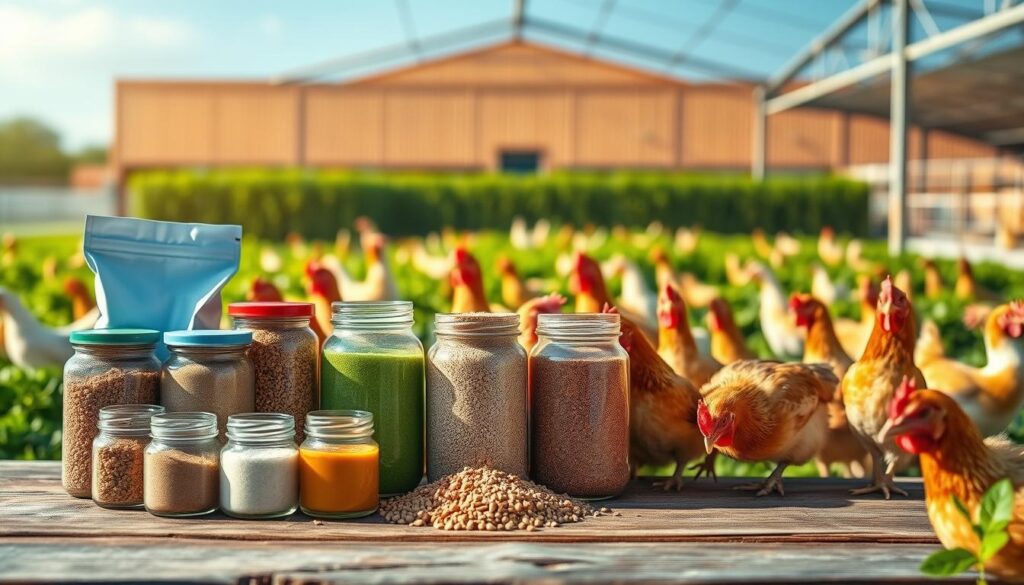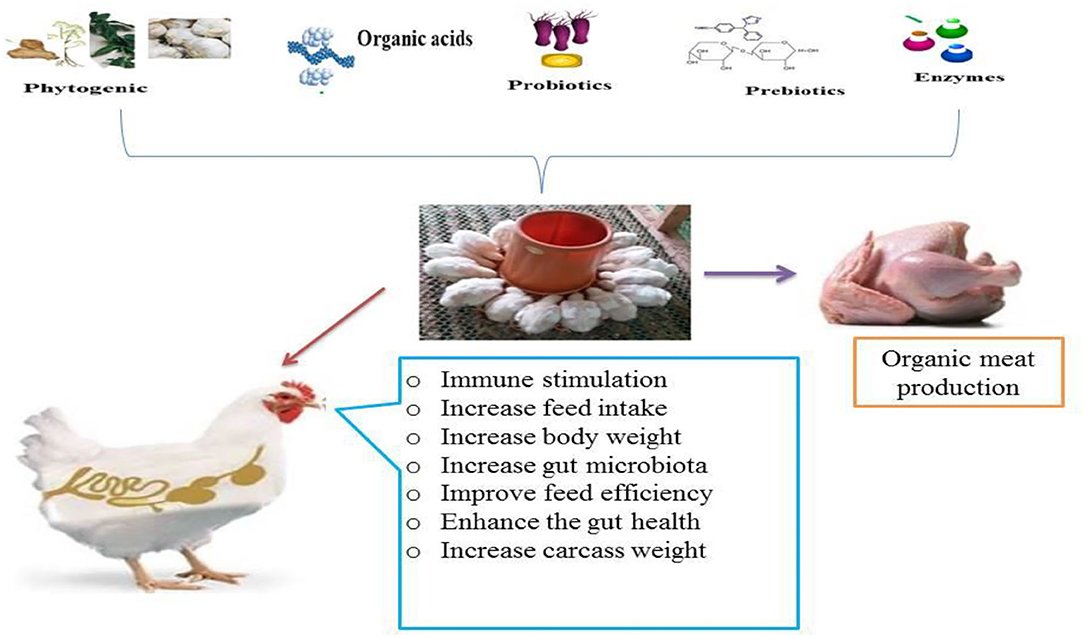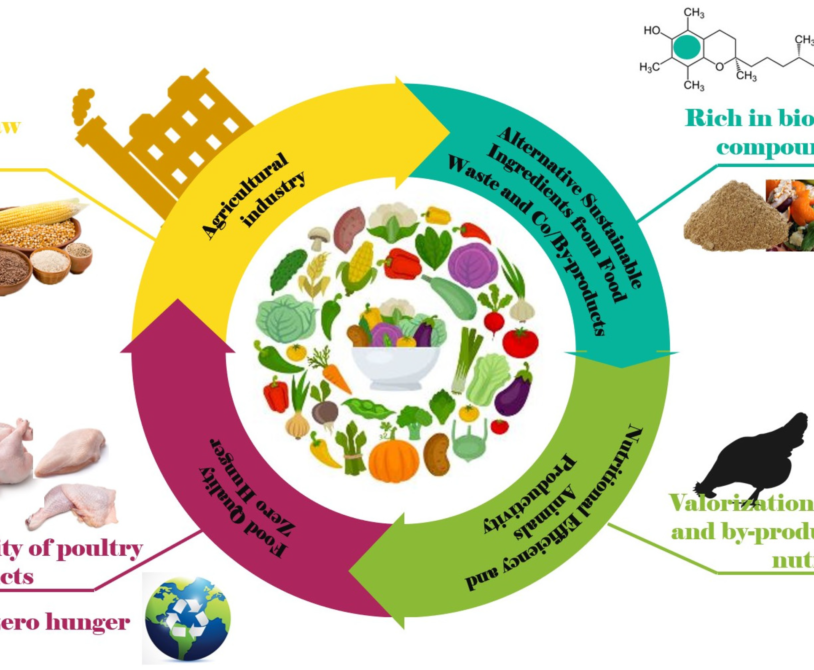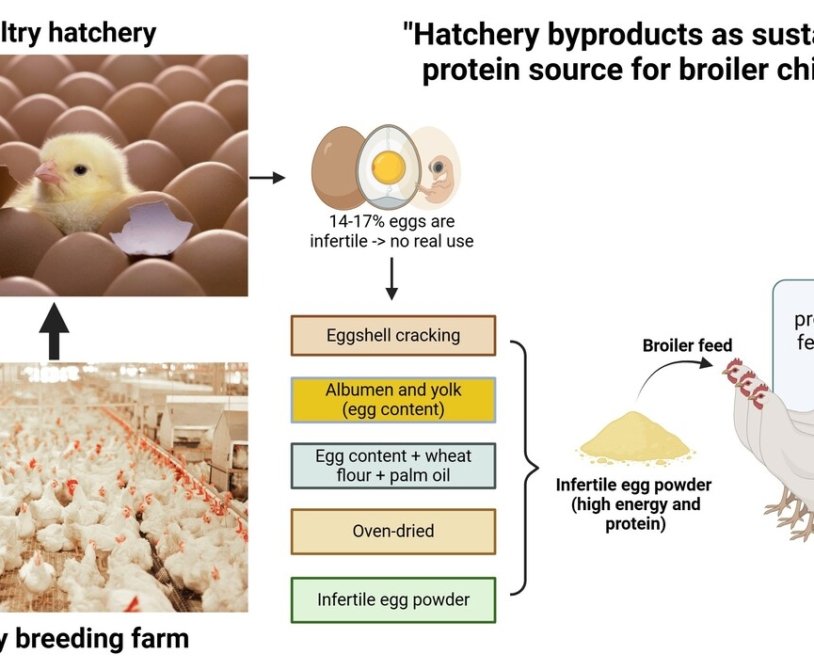In the world of poultry, feed additives are key to better broiler chicken performance. This article explores the latest in feed additives. It shows how they improve growth, health, and feed use in broiler farms.
The research on broiler chicken performance shows feed additives’ big impact. They make poultry farms more productive and sustainable. These solutions improve nutrient use, gut health, and immune function in broiler chickens.
Key Takeaways
- Feed additives are crucial for better broiler chicken performance and productivity.
- New supplements like growth promoters and antibiotic alternatives are popular in the industry.
- Understanding broiler chicken nutrition and feed strategies is key for better growth and feed use.
- Enzyme and probiotic additives are promising for better nutrient use and gut health.
- Choosing and using feed additives wisely is important for biosecurity and product safety.
The Role of Feed Additives in Enhancing Broiler Chicken Performance
In broiler chicken production, feed additives are key to better performance and profits. They improve how nutrients are used, boost growth, and keep birds healthy. Knowing about feed additives helps farmers get the most from their flocks, leading to better efficiency and profits.
Feed additives help birds absorb nutrients better. Enzymes and probiotics break down feed, making nutrients easier for birds to use. This means birds grow faster and stronger, using feed more efficiently.
| Feed Additive | Mechanism of Action | Potential Benefits |
|---|---|---|
| Enzymes | Break down complex feed components to improve nutrient availability | Enhanced growth rates, improved feed conversion ratio |
| Probiotics | Promote a healthy gut microbiome, supporting digestion and immune function | Improved gut health, reduced risk of disease, better overall performance |
| Antioxidants | Protect cells from oxidative stress and inflammation | Boosted immunity, reduced mortality, enhanced meat quality |
Feed additives also boost broiler chicken health. Phytogenics and organic acids fight off infections and keep the gut healthy. This helps birds stay strong and grow well.
“Feed additives are a game-changer in modern broiler production, enabling farmers to maximize the genetic potential of their birds and achieve greater profitability.”
The poultry industry keeps growing, and feed additives are key to better broiler chicken performance. Farmers who understand these supplements can make their flocks healthier and more productive.
Broiler Chicken Nutrition: A Comprehensive Guide
It’s key to focus on broiler chicken nutrition for their growth and health. Understanding the nutrients they need and how to mix them is crucial. This ensures they grow well and perform well as a flock.
Essential Nutrients for Optimal Growth
Broiler chickens need specific nutrients for their fast growth. The main nutrients are:
- Protein: It helps build muscles and repair tissues.
- Energy: From carbs and fats, it powers their activity and metabolism.
- Vitamins and Minerals: They boost the immune system, bone health, and other functions.
- Water: It’s vital for staying hydrated and keeping the body cool.
Feed Formulation Strategies
Making a balanced feed is key for broiler chickens. Good feed formulation means:
- Finding the right mix of protein, energy, vitamins, and minerals for their age and stage.
- Using high-quality, easy-to-digest ingredients to help them absorb nutrients better.
- Adding feed additives like enzymes and probiotics to improve nutrient use and gut health.
- Keeping an eye on the feed and making changes as the flock’s needs change.
| Nutrient | Recommended Levels for Broilers |
|---|---|
| Crude Protein | 19-23% |
| Metabolizable Energy | 3,000-3,200 kcal/kg |
| Calcium | 0.90-1.10% |
| Available Phosphorus | 0.45-0.55% |
By focusing on the right nutrients and using smart feed making, farmers can help broiler chickens grow to their best. This leads to healthier and more productive birds.
Growth Promoters: Unlocking Broiler Potential
In broiler production, using growth promoters is key to boosting growth. These supplements, like hormones or antibiotics, help birds grow faster and stronger. They also make the birds more efficient at using their food.
Growth promoters help broilers grow faster and bigger. They work by speeding up muscle growth. This means the birds can grow more and use their food better.
| Growth Promoter | Mechanism of Action | Potential Benefits |
|---|---|---|
| Hormones | Stimulate muscle growth and development | Increased growth rate, improved feed efficiency |
| Antibiotics | Suppress pathogenic bacteria, improve gut health | Enhanced nutrient absorption, better feed conversion |
| Alternative Compounds | Promote growth through various metabolic pathways | Increased muscle deposition, reduced feed intake |
The debate on growth promoters in broiler production is ongoing. Yet, their benefits are undeniable. By choosing the right supplements, farmers can help their broilers grow better. This leads to more productive and profitable farms.
“Unlocking the growth potential of broiler chickens through the strategic use of feed additives is a game-changer in the poultry industry.”
Antibiotic Alternatives in Poultry Feed Additives
The poultry industry is looking for ways to use fewer antibiotics. New feed additives are being developed as alternatives. These not only help keep broiler chickens healthy but also help the environment.
Phytogenic Feed Additives
Phytogenic feed additives are becoming popular. They include essential oils and plant extracts. These natural ingredients fight off bacteria and help the gut stay healthy.
Herbs like oregano, thyme, and garlic are often used. They help broiler chickens perform better naturally.
Organic Acids in Poultry Feed
Organic acids like formic, acetic, and propionic acids are also being used. They make it hard for bad bacteria to live in the gut. This keeps the digestive system healthy.
These acids also reduce inflammation. This makes them a great choice for broiler chicken diets.
| Antibiotic Alternative | Key Benefits |
|---|---|
| Phytogenic Feed Additives |
|
| Organic Acids in Poultry Feed |
|
The search for antibiotic alternatives is ongoing. Phytogenic feed additives and organic acids show promise. They help keep broiler chickens healthy and support sustainable farming.
Enzyme Supplements: Enhancing Nutrient Availability
Enzyme supplements have changed the game in broiler chicken nutrition. They help break down nutrients, making them easier for the birds to use. This leads to better growth and more efficient feed use.
Enzymes speed up the breakdown of complex nutrients. This makes it easier for broilers to get the nutrients they need. Adding enzyme supplements to feed helps birds get the most out of their food.
One big plus of enzyme supplements is they make nutrients more available. They break down carbs, proteins, and fats into simpler forms. This boosts the feed conversion ratio and helps the birds grow better.
Adding enzyme supplements to broiler feed can:
- Improve how nutrients are digested and used, leading to better feed conversion ratio
- Make more energy and amino acids available, helping with growth and development
- Reduce waste by making less nutrients go to waste, helping the environment
- Make feed more cost-effective by using nutrients better
Using enzyme supplements helps broiler producers get better results. It makes their operations more efficient and sustainable. This is good for the future of the poultry industry.
Probiotic Feed Additives: Boosting Gut Health
In the world of broiler production, chicken gut health is key. Probiotic feed additives are changing the game. They help keep the gut microbiome healthy and boost broiler performance.
Understanding the Gut Microbiome
The gut microbiome is a mix of bacteria, fungi, and more in a chicken’s gut. It’s vital for health and growth. A balanced gut microbiome boosts immune function, nutrient absorption, and intestinal integrity.
Probiotics in feed help keep the gut balanced. This leads to a healthier gut and better broiler performance.

Probiotics are live, good bacteria that help the gut microbiome. They fight off bad bacteria. This improves digestion and nutrient absorption, helping birds grow and be more efficient.
“Maintaining a healthy gut microbiome is a crucial aspect of broiler production, and probiotic feed additives have shown promising results in promoting overall bird well-being and performance.”
The industry is looking for new ways to improve growth. Probiotic feed additives are a sustainable and effective choice for better gut health and broiler performance.
Feed Supplements for Improved Feed Conversion Ratio
Improving broiler chicken production is key for poultry farmers. Using feed supplements is a smart strategy. These additives help boost the feed conversion ratio (FCR), which shows how much feed is needed for a certain weight gain.
Amino acids, vitamins, and minerals are top choices for better FCR. Amino acid blends help with protein synthesis, making nutrient use more efficient. Vitamins and minerals support energy and immune health, leading to better performance.
| Feed Supplement | Impact on FCR |
|---|---|
| Amino Acids | Optimizes protein synthesis and nutrient utilization |
| Vitamins | Supports energy metabolism and immune function |
| Minerals | Enhances various physiological processes |
Adding these supplements to broiler diets can greatly improve FCR. This leads to more efficient production and better profits.
“Optimizing the feed conversion ratio is a key to maximizing the economic viability of broiler production. Feed supplements offer a proven path to achieving this goal.”
For the best results, work with animal nutrition experts. They can create a supplement plan that fits your operation’s needs. With the right supplements, you can boost your broiler performance and succeed.
Choosing the Right Feed Additives for Your Operation
Choosing the right feed additives is key to better broiler chicken performance. As a pro in the field, you must weigh many factors. This ensures your feed additive program is both effective and efficient.
Factors to Consider
Choosing the right feed additives is a complex task. Here are some important factors to think about:
- Production Goals – Know what you want to achieve, like better growth or health. This helps pick the best feed additives.
- Feed Composition and Quality – Know what’s in your feed. This helps spot any nutrient gaps that additives can fill.
- Bird Life Stage – Broiler chickens need different things at different times. Pick additives that match their needs at each stage.
- Regulatory Environment – Learn about local rules on feed additives. This keeps you in line and avoids problems.
By looking at these factors, you can choose the best feed additives for your operation. This boosts your flock’s health and performance, helping your business succeed.
| Key Factor | Considerations |
|---|---|
| Production Goals |
|
| Feed Composition and Quality |
|
| Bird Life Stage |
|
| Regulatory Environment |
|

By thinking about these factors, broiler producers can choose the best feed additives. This improves their flock’s performance and well-being.
Biosecurity and Feed Additive Safety
Keeping a strong biosecurity and making sure feed additives are safe are key in broiler production. Poultry producers must follow strict rules and quality checks. This keeps their birds healthy and makes feed additives work better.
The USDA and FDA are key in setting rules for feed additives in broiler production. Producers need to check the source, how it’s made, and if it’s certified. Testing feed additives often helps find any problems, keeping the products safe.
Having good biosecurity is just as important. This includes keeping things clean, controlling who goes into the chicken houses, and watching for diseases. These steps help prevent diseases and keep the birds healthy. By focusing on biosecurity and feed safety, producers can make sure their birds do well and stay healthy.




